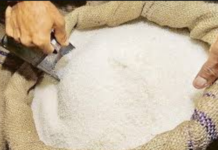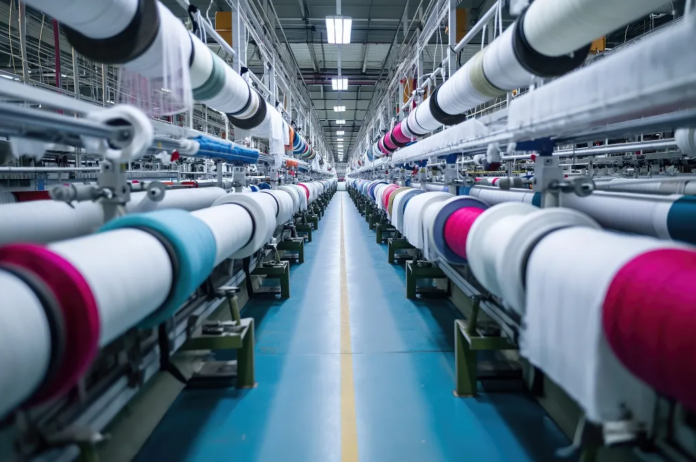FAISLABAD: Chairman Pakistan Textile Exporters Association (PTEA) Sohail Pasha said on Monday that Pakistan’s exporters can generate growth, employment, and economic stability with the right policy support.
He raised concerns over the recent budget proposals and urged the government to address anomalies immediately, warning that continued inaction could affect exports and hurt exporters’ confidence.
Speaking during a meeting, he said the value-added textile sector contributes over $9 billion annually to Pakistan’s exports, supports millions of livelihoods, and plays a central role in economic stability. However, the sector faces setbacks due to changes in the Finance Act 2024, which replaced the Final Tax Regime with the Normal Tax Regime.
He said export proceeds are now subject to 1 percent advance tax under section 154 as minimum tax, and an additional 1 percent advance tax has been applied through the new sub-section (6C) in section 147. In contrast, local supplies are liable for a 1 percent advance tax, which he said is discriminatory and goes against principles of equity and natural justice.
Pasha also called for the restoration of the original Export Facilitation Scheme (EFS), which was designed to simplify procedures, reduce liquidity pressure, and enable digital traceability. The original EFS allowed zero-rated invoicing on local purchases and exempted key raw materials such as cotton yarn from sales tax at the import stage.
He noted that Pakistan’s regional competitors like Bangladesh and Vietnam offer tax-free access to raw materials for their export industries, giving them a competitive edge in global markets.
He further said that about Rs36 billion in payments under textile policy incentives are pending. If released, the funds could help exporters expand operations and increase export earnings.
Pasha urged the government to revise its budgetary measures and address the concerns of exporters to meet the country’s export targets.
























